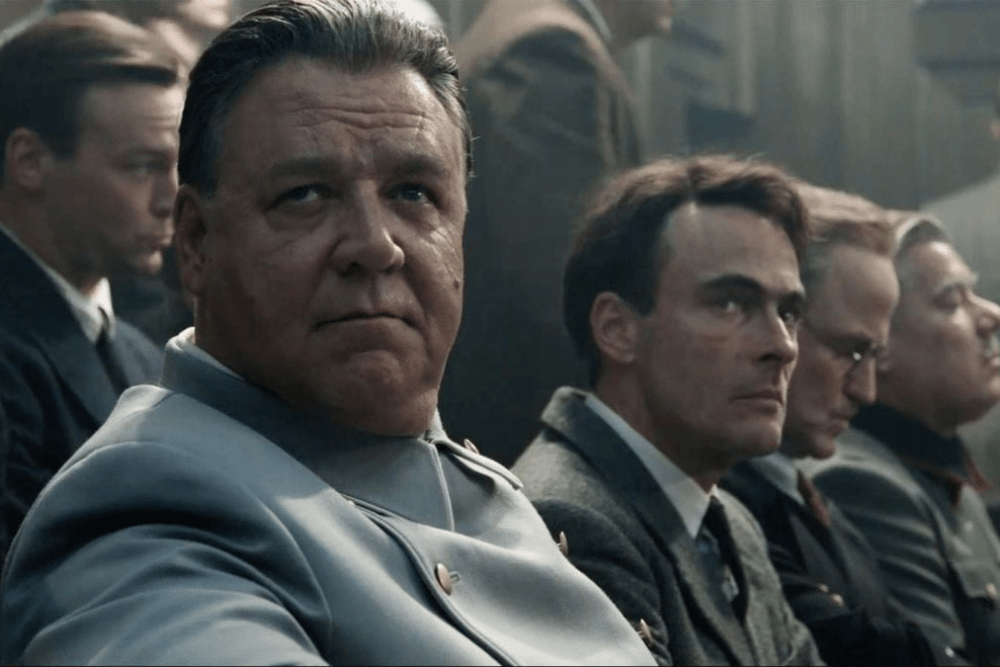Ceasefire then talks, or talks then ceasefire? This has emerged as one of the pivotal issues in the diplomacy around the war in Ukraine, even if one could question just how genuine both sides are in their respective positions. The proposed talks in Istanbul on Thursday may help clarify matters, but both sides seem more committed to appeasing the White House than talking peace.
On Saturday, the usual suspects of Europe – the leaders of the UK, France, Germany and Poland – met in Kyiv and demanded Vladimir Putin call an immediate 30-day ceasefire, on pain of further sanctions. The usual pattern for peace talks is indeed a cessation of hostilities first, talks later, but there was no serious plan for negotiations in that span. In many ways, this was more an attempt to establish some kind of political dominance over Putin, and also to give Ukraine a breathing space in which to regroup and rearm than a clearly-structured step in a peace process.
Just out of a Victory Day celebration which he clearly saw as a success, and talks with China’s Xi Jinping which seem to have reaffirmed their pragmatic alliance, Putin was clearly unwilling to do anything that looked like acceding to western demands. On the other hand, Donald Trump had endorsed Europe’s call, writing on social media ‘if the ceasefire is not respected, the US and its partners will impose further sanctions.’
The response came in a hastily-convened ‘press conference’ in the early hours of Sunday morning – conveniently timed for the US news cycle – in which Putin, reading off flash cards, segued from a boilerplate report of the Victory Day events to a rejection of the ceasefire demands, and a proposal for talks in Istanbul, suggesting that the discussions could lead to a truce. Reportedly, he had not consulted widely beforehand even among his own staff, and he had not checked in with Turkey’s President Erdogan first.
Move and countermove. Volodymyr Zelensky initially dug in his heels, calling this a ‘positive step’ but continuing to demand a ceasefire first. Then, though, the ever-changeable Trump pulled the rug out from under him, writing ‘Ukraine should agree to this, IMMEDIATELY.’ Unwilling to alienate the White House, which could yet still choose to withdraw its support from Ukraine, Zelensky countered the counter with an escalation of his own. Putin had simply proposed talks, presumably between delegations, but Zelensky upped the ante, saying ‘I will be waiting for Putin in Türkiye on Thursday. Personally.’
The chances of direct talks between the two presidents seem minuscule, not least as it usually takes weeks for the security and protocol arrangements to be made in advance of a Putin trip abroad. Besides which, it is hard to imagine that, without detailed preliminary work, two men who so plainly loathe each other could really make any progress.
An impotent Europe, a desperate Ukraine and an arrogant Russia playing to a self-indulgent and volatile America
The Russians are letting it be known that they plan to pick up where they left off with the so-called Istanbul Communique the emerged from talks back in 2022. The myth is that this was a deal Kyiv was ready to sign until Boris Johnson persuaded – or, as conspiracy theorists prefer, ordered – Zelensky to fight on. The truth is that this document, which would effectively have left Ukraine demilitarised and vulnerable, was the outcome of a negotiation process that had dealt with all the relatively easy issues and resolved none of the difficult ones. The crucial question of security guarantees had not been settled, and given that the western countries which would have needed to provide them were not at the talks and frankly had no clear idea of what they were and were not willing and able to provide, it is hardly surprising that the process failed.
Will this week be any better? The ‘coalition of the willing’ seems to shrink every week in terms of the scale of forces it could deploy, and the threat of new ‘massive’ sanctions does sound like same old, same old. Besides, even as generals wrangle over how many troops they could commit, there is no clear sense of what they would be doing, and what would happen if Russia restarted hostilities anyway. Everything still seems to depend on the most inconstant force of all: Donald Trump. Without US support, no European forces will deploy, and without US pressure, Putin seems to feel under no obligation to end his imperial war.
So is this just theatre? An impotent Europe, a desperate Ukraine and an arrogant Russia playing to a self-indulgent and volatile America, trying not to look like the biggest problem? Zelensky presumably anticipates Putin not coming to Istanbul. Does he flounce off back to Kyiv if Putin sends foreign minister Lavrov or the like, claiming that his Russian counterpart is a coward? Or does he make a show of engaging, even though he knows that nothing is likely to come of it, to show his commitment?
Either way, any negotiations are better than none. There is always the possibility that some small progress might be made. However, the tragedy is that at present, on every side, no one seems truly interested in actually talking, just pretending they want to more than the other side.









Comments